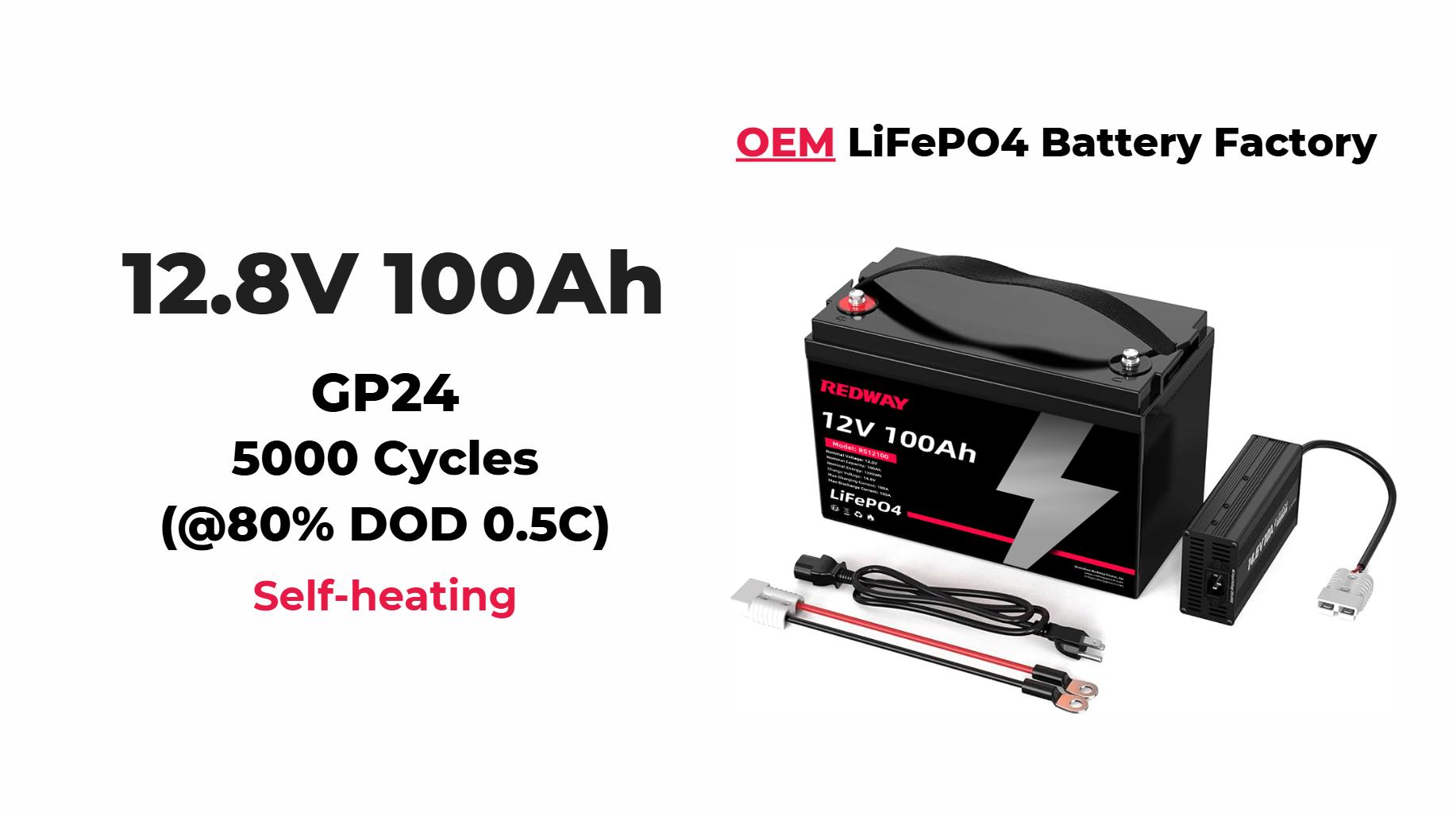
How to Effectively Charge LiFePO4 Batteries
Charging LiFePO4 batteries correctly is crucial for maximizing their lifespan and ensuring safe operation. These batteries require specific charging methods and equipment to function optimally. This article provides comprehensive guidance on how to effectively charge LiFePO4 batteries, detailing the best practices and common pitfalls.
What Is a LiFePO4 Battery Charger and Why Is It Important?
A LiFePO4 battery charger is specifically designed to meet the unique charging requirements of lithium iron phosphate batteries. Unlike standard lithium-ion chargers, a dedicated LiFePO4 battery charger uses a specialized charging algorithm that includes constant current and constant voltage (CCCV) methods. This ensures safe charging, prevents overcharging, and optimizes battery performance.
How Do You Charge a LiFePO4 Battery Safely?
To charge a LiFePO4 battery safely:
- Use the Correct Charger: Always use a charger specifically designed for LiFePO4 batteries.
- Follow Manufacturer Guidelines: Adhere to the recommended voltage and current settings provided by the manufacturer.
- Monitor During Charging: Keep an eye on the charging process to ensure there are no unusual signs such as overheating or swelling.
What Are the Recommended Methods for Charging LiFePO4 Batteries?
The recommended methods for charging include:
- Constant Current (CC) Charging: This method maintains a steady current until the battery reaches its maximum voltage.
- Constant Voltage (CV) Charging: After reaching maximum voltage, the charger switches to constant voltage mode, allowing current to decrease gradually as the battery approaches full charge.
- CCCV Method: This combination method is widely recommended as it effectively balances speed and safety during charging.
How Does the CCCV Charging Method Work for LiFePO4 Batteries?
The CCCV charging method consists of two stages:
- Constant Current Stage: The charger applies a constant current until the battery voltage reaches approximately 3.65 volts per cell.
- Constant Voltage Stage: Once this voltage is reached, the charger maintains this voltage while allowing the current to taper off until it drops below a set threshold, indicating that charging is complete.
What Should You Avoid When Charging a LiFePO4 Battery?
When charging a LiFePO4 battery, avoid:
- Overcharging: Never exceed the recommended voltage; overcharging can lead to damage or reduced lifespan.
- Using Incompatible Chargers: Using chargers not designed for LiFePO4 batteries can cause safety hazards and performance issues.
- Charging at Extreme Temperatures: Avoid charging in excessively hot or cold environments, as this can affect battery chemistry and performance.
How Do You Charge a 12V LiFePO4 Battery?
To charge a 12V LiFePO4 battery:
- Select an Appropriate Charger: Ensure that your charger is rated for 12V and compatible with lithium iron phosphate chemistry.
- Connect Properly: Attach the charger leads to the battery terminals—positive to positive and negative to negative.
- Monitor Voltage Levels: Keep track of voltage levels during charging; stop once it reaches approximately 14.6 volts.
What Expert Insights Can Help You Optimize Your Charging Process?
“Understanding the specific requirements of your LiFePO4 batteries can significantly enhance their performance and longevity,” states Dr. Jane Smith, an expert in battery technology. “Employing proper charging protocols not only ensures safety but also maximizes efficiency in energy storage systems.”
FAQ Section
Q1: Can I use any lithium-ion charger for my LiFePO4 battery?
A1: No, you must use a charger specifically designed for LiFePO4 batteries to ensure safe and effective charging.**Q2: How often should I charge my LiFePO4 battery?
A2: Charge your battery when it reaches about 20% capacity or lower; regular top-ups can help maintain optimal performance.**Q3: Is it safe to leave my LiFePO4 battery on charge overnight?
A3: Yes, as long as you are using an appropriate charger with an automatic shut-off feature to prevent overcharging.**Q4: What happens if I overcharge my LiFePO4 battery?
A4: Overcharging can lead to overheating, reduced lifespan, or even catastrophic failure in extreme cases.**Q5: Can I charge my 12V LiFePO4 battery with solar panels?
A5: Yes, you can use solar panels with a compatible solar charge controller designed for lithium iron phosphate batteries.
